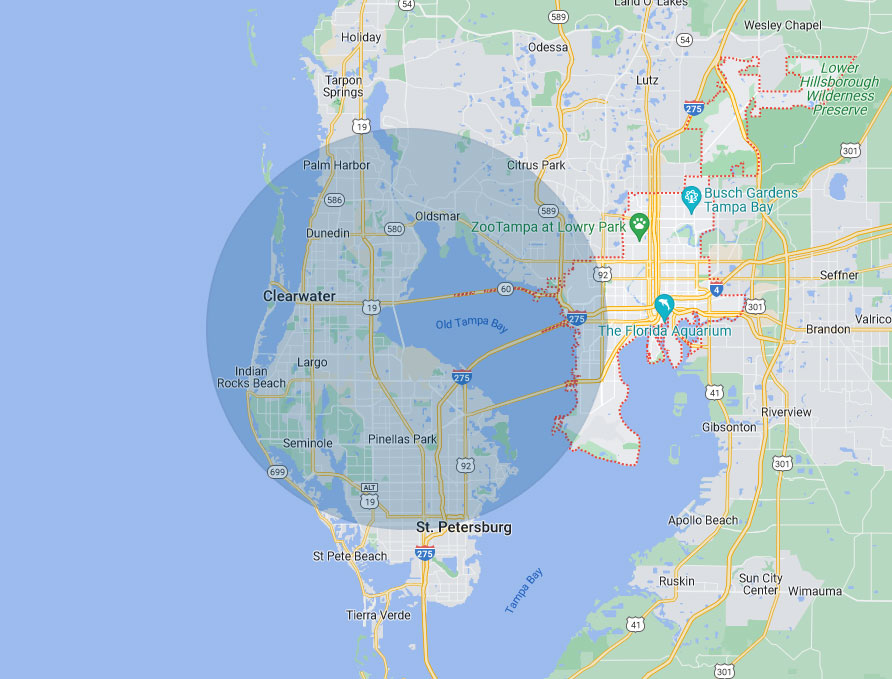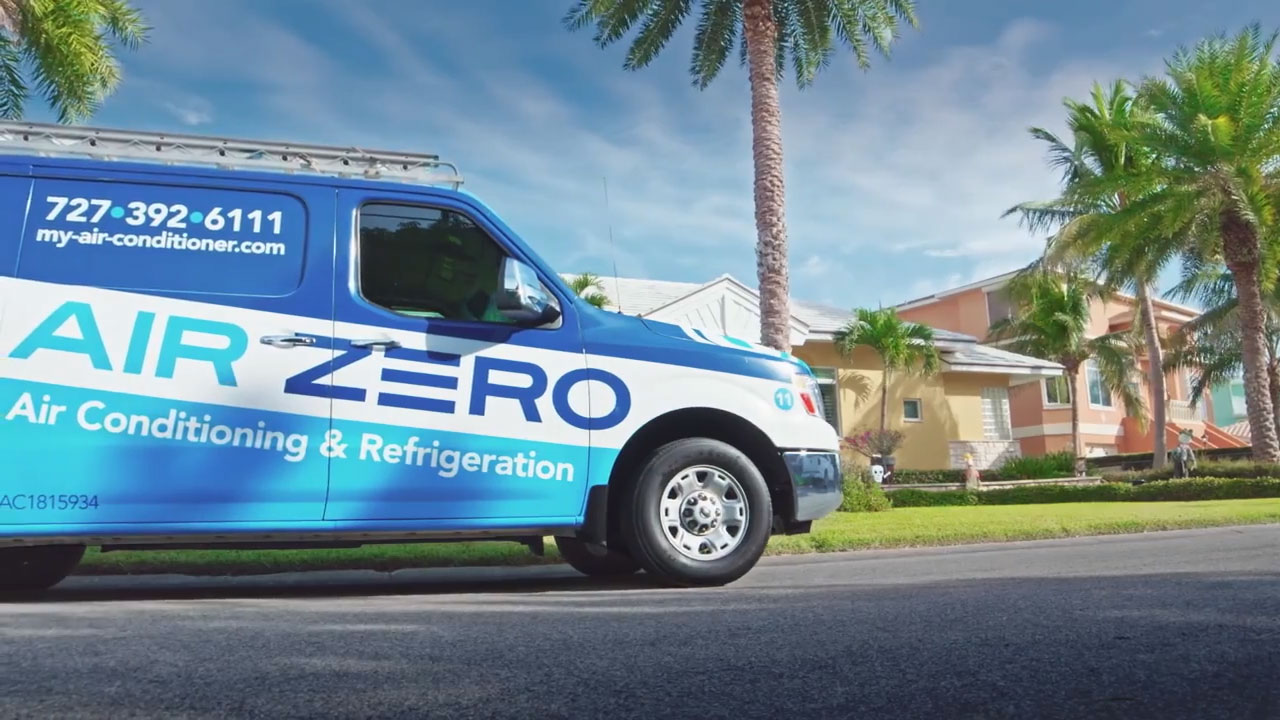A veteran owned business

CLICK HERE TO SCHEDULE YOUR SERVICE TODAY
Need to Schedule HVAC Services?
Schedule your HVAC services quickly & easily. Fill out your information here to request HVAC or air quality service from the local experts at Air Zero.
In 2008, Air Zero was formed to provide premium heating and air conditioning services to homeowners and businesses in St. Petersburg, Clearwater, Largo, and the surrounding Tampa Bay area. Over the past decade, we have continued to hone our expertise in the HVAC service industry and are continually innovating and improving our many service offerings in AC replacement, AC repair, and AC maintenance.
As a veteran-owned company, we strive to better our community through excellence and professionalism. Our dedication to superior service has earned us BBB accreditation and recognition by the National Comfort Institute.
No matter which heating, indoor air quality, or air conditioning services you need, our team of expert HVAC contractors can provide you with honest and reliable service that reflects our air conditioning company motto:
Zero worry. Zero hassle. That’s Air Zero.
Read more


Air Zero works hard to provide every customer with exceptional value through our high-quality products, affordable rates, and superior AC services.

Decades
Of Industry Experience
We have years of experience in the HVAC service industry. We are ready to serve you in the St. Petersburg and Tampa Bay area with professional heating, indoor air quality, and air conditioning services.

Highly
Reviewed Technicians
Customer satisfaction is always our priority, and our air conditioning services come highly reviewed by our past clients and the Better Business Bureau.

Top-Of-The-Line
HVAC Systems
By working with trusted brands like Carrier, we offer you the most efficient, well-performing systems on the market—always at an affordable price.
Live in comfort with Air Zero. From heating repairs to air conditioning replacements, we proudly provide a variety of affordable St. Petersburg HVAC services.
With a decade of experience, we have the training and tools to service any heating and cooling system—no matter the brand.
Learn More










Air Zero is an industry leader, and we proudly serve many communities in St. Pete and Largo
Pinellas County
Hillsborough County

